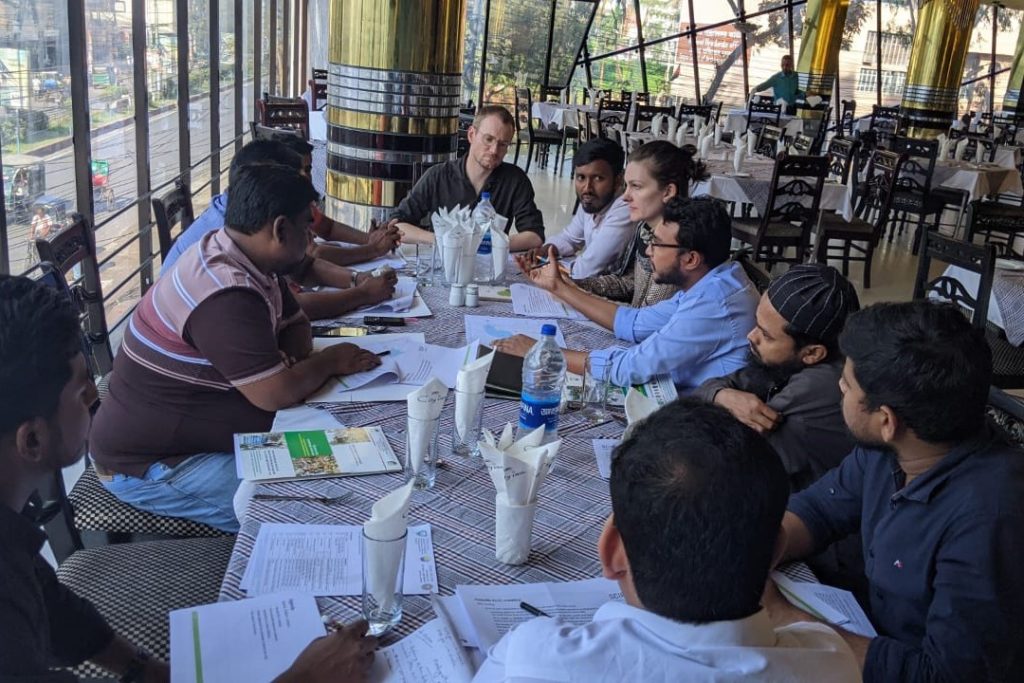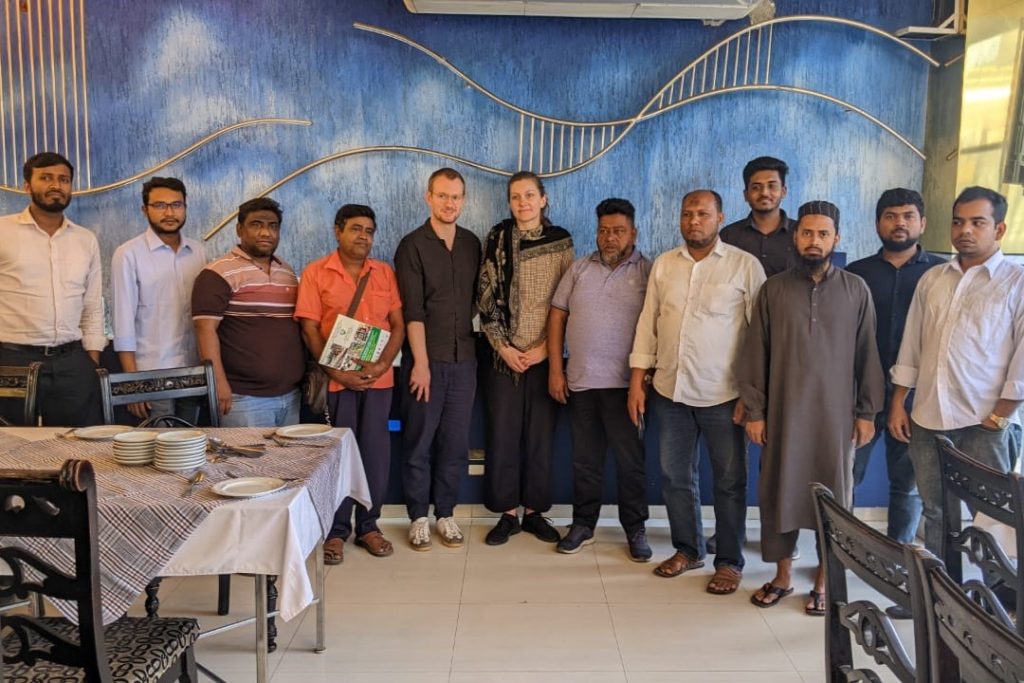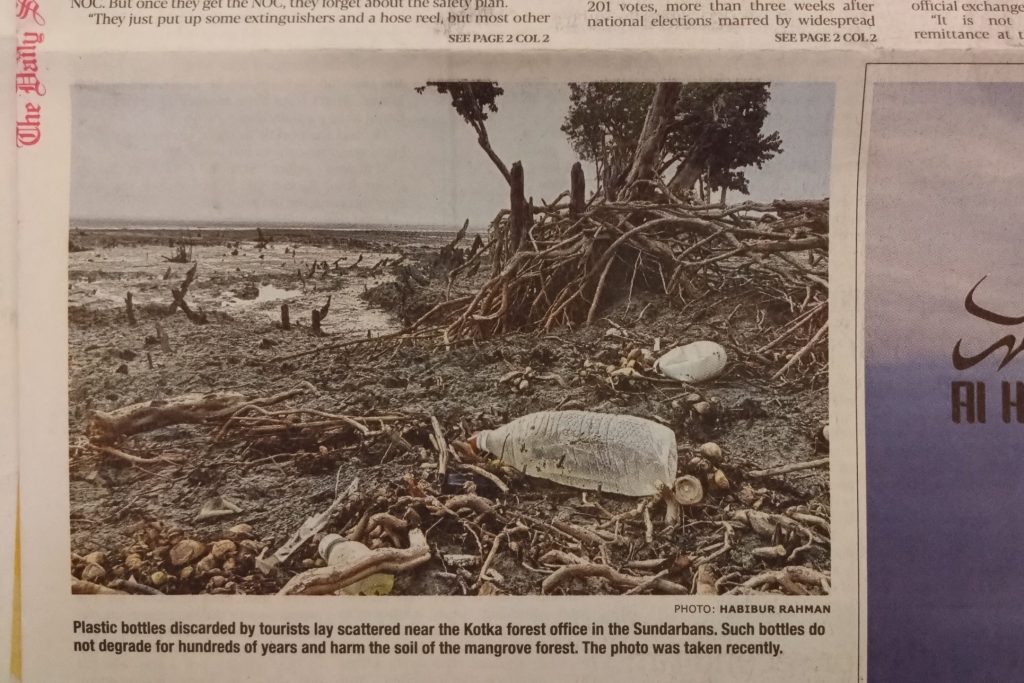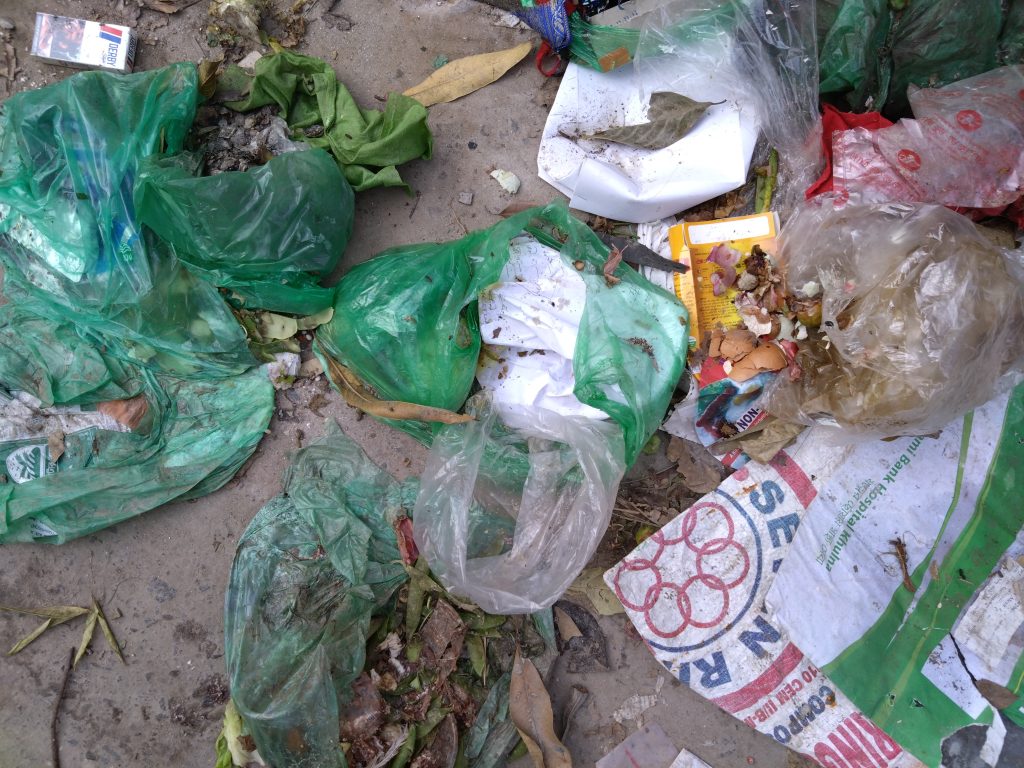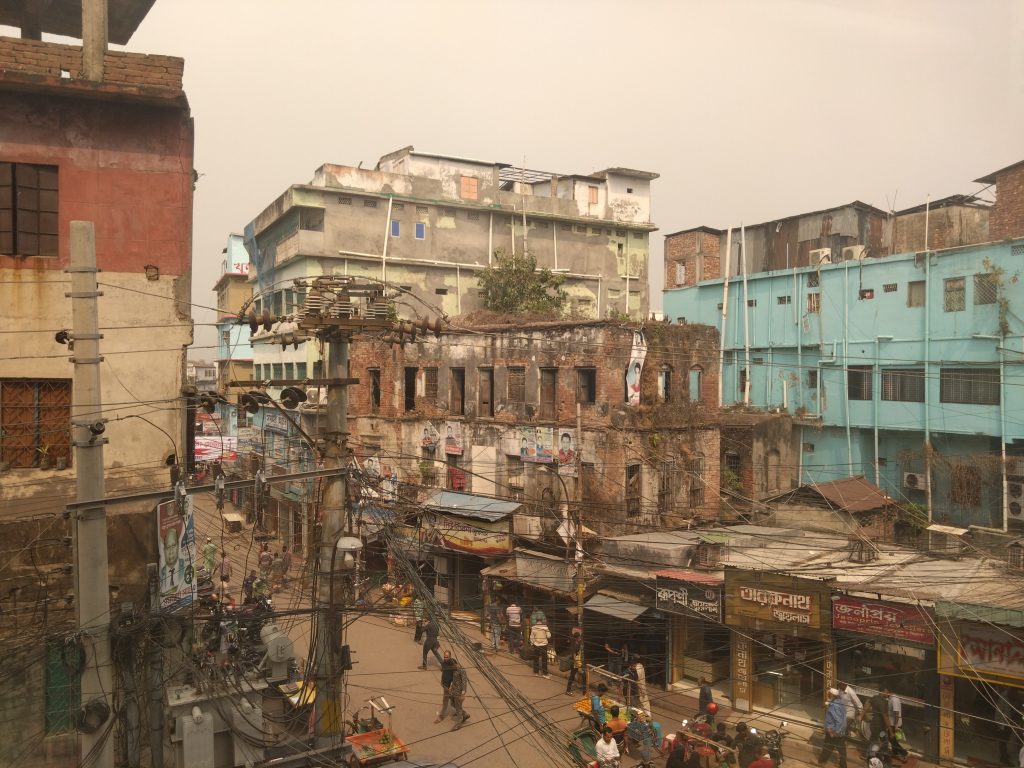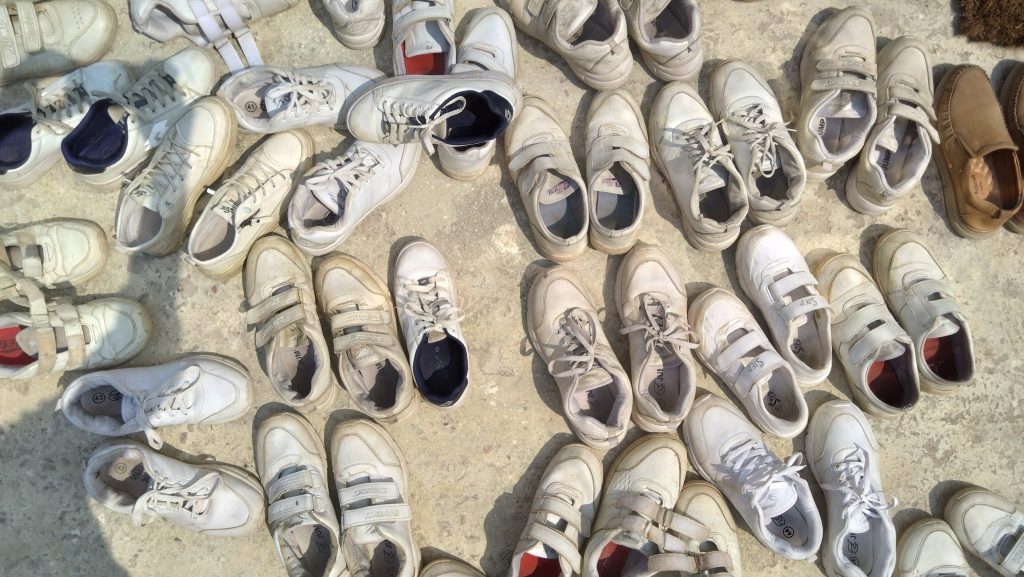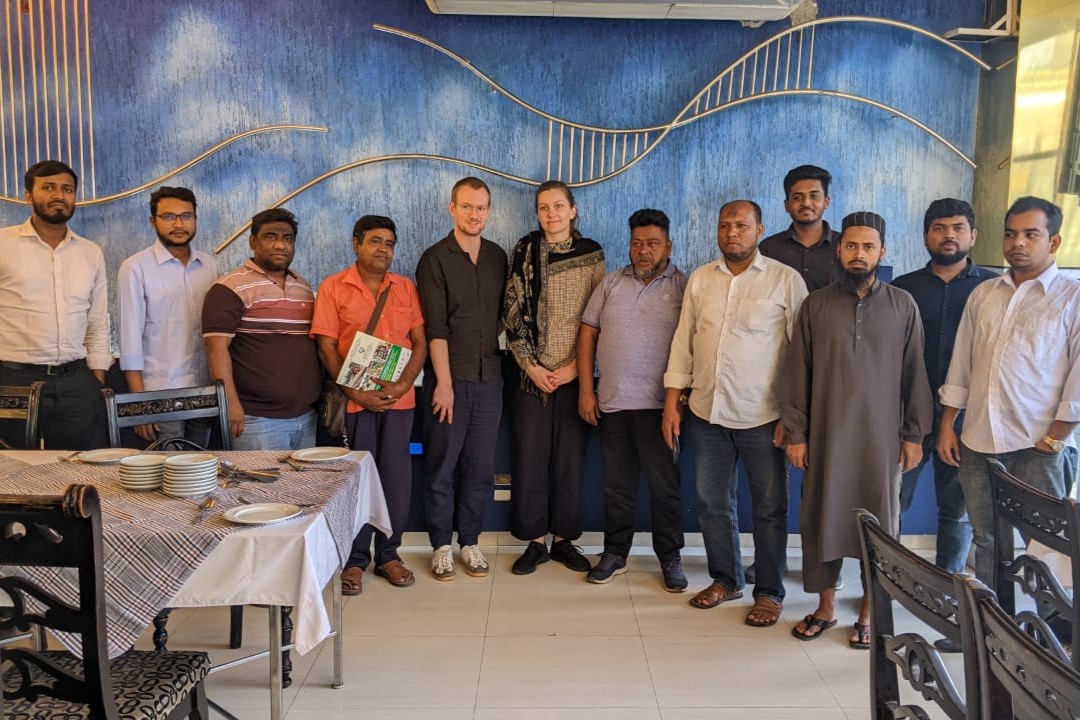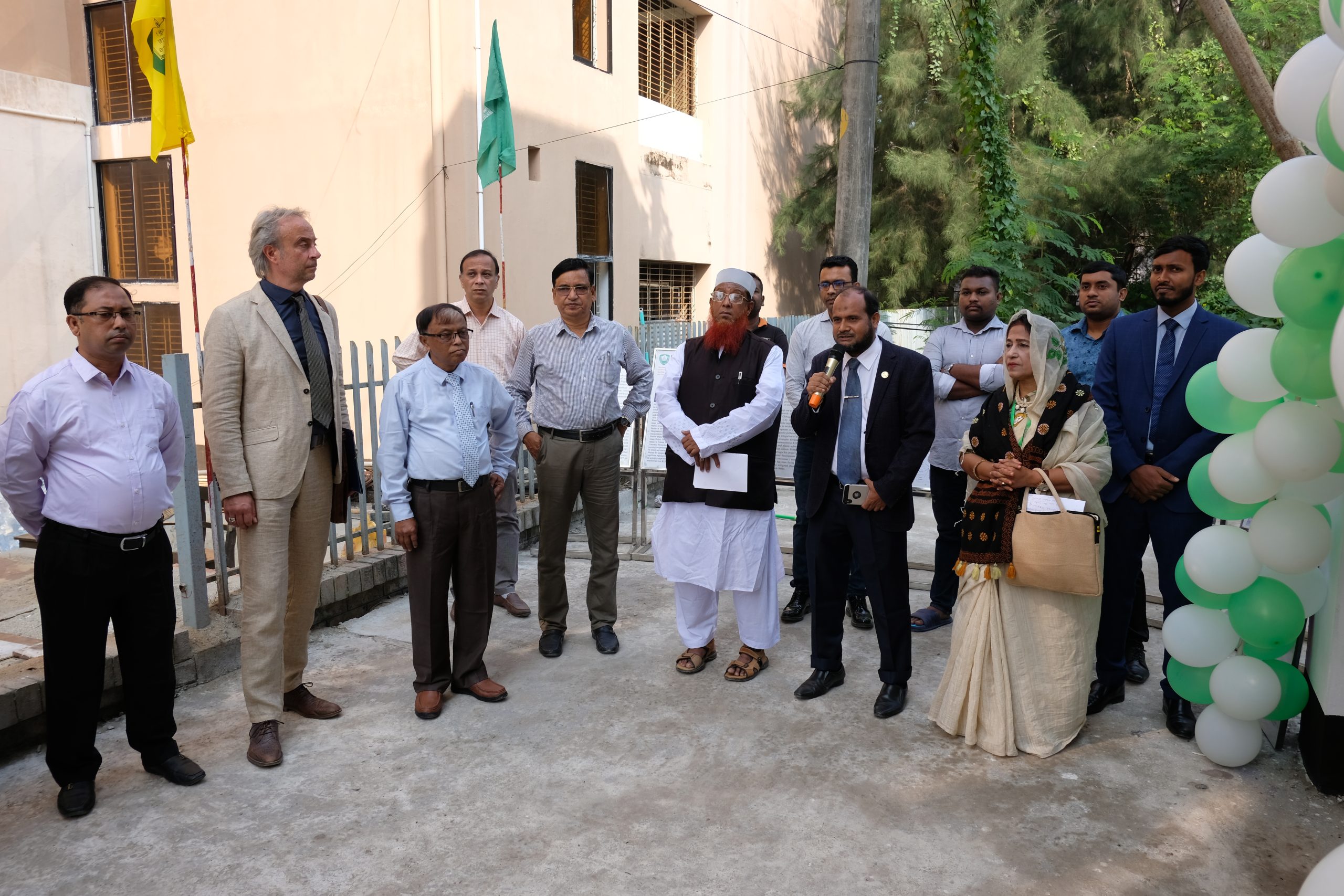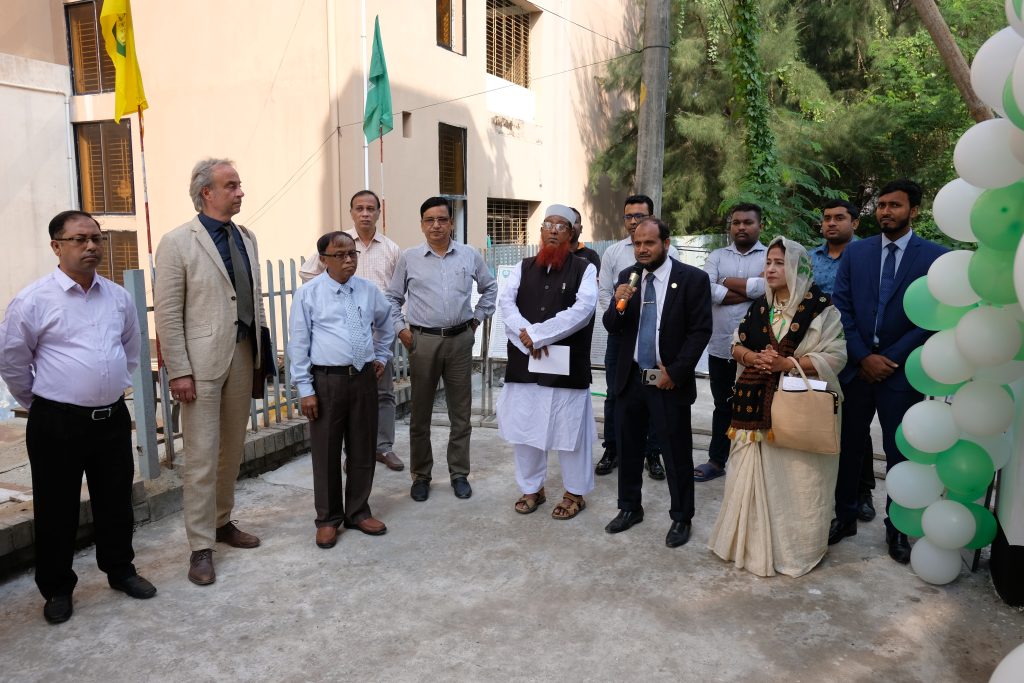Key effort of working group II is the elaboration of business incentives for targeted collection and provision of mismanaged plastic waste while balancing additional expenditures for KCC providing safe treatment and deposition. Challenges and opportunities lie in the synergies that need to be transferred into a win-win business model, which overall prevents open and uncontrolled pollution of plastics.
In the past weeks members of working group II intensively developed a business model concept to tackle mismanaged plastic waste with the help of local private recycling actors. Corresponding to the project’s working packages a pilot study will be conducted to implement and evaluate this new business model. During March 2024 several meetings with involved stakeholders resulted in the official kick-off for the pilot study on business model implementation. KCC officials and representatives from the local recycling sector fortunately assured their commitment and contribution for this endeavour.
